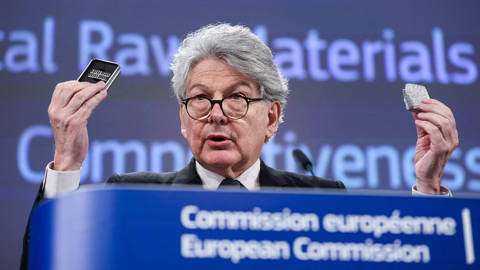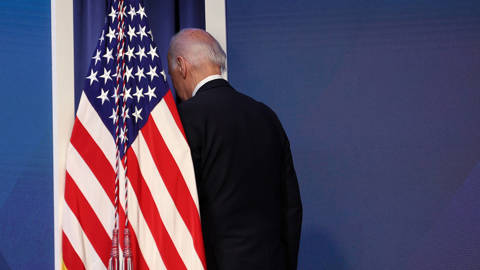Alberto Mingardi
Alberto Mingardi, Associate Professor of the History of Political Thought at IULM University in Milan, is Director-General of the Istituto Bruno Leoni, a think tank in Milan.
-
Pareto and the Roots of Politics

Pareto and the Roots of Politics
Aug 15, 2023 Alberto Mingardi marks the centenary of the polymath’s death by recounting his insights into political behavior.
-
Italy's Consumer-Blind Trustbusting

Italy's Consumer-Blind Trustbusting
Dec 16, 2021 Alberto Mingardi sees no consideration for the traditional antitrust benchmark in a recent ruling against Amazon.
-
Industrial Planning Did Not Deliver the COVID Vaccines

Industrial Planning Did Not Deliver the COVID Vaccines
May 12, 2021 Deirdre Nansen McCloskey & Alberto Mingardi argue that private-sector trial and error, not the state, is the driving force behind innovation.
-
Predatory Competition Policy
Predatory Competition Policy
Nov 1, 2007 Alberto Mingardi & Wayne Crews








